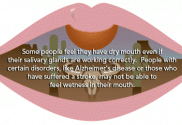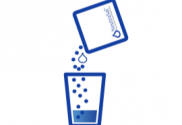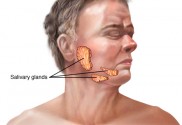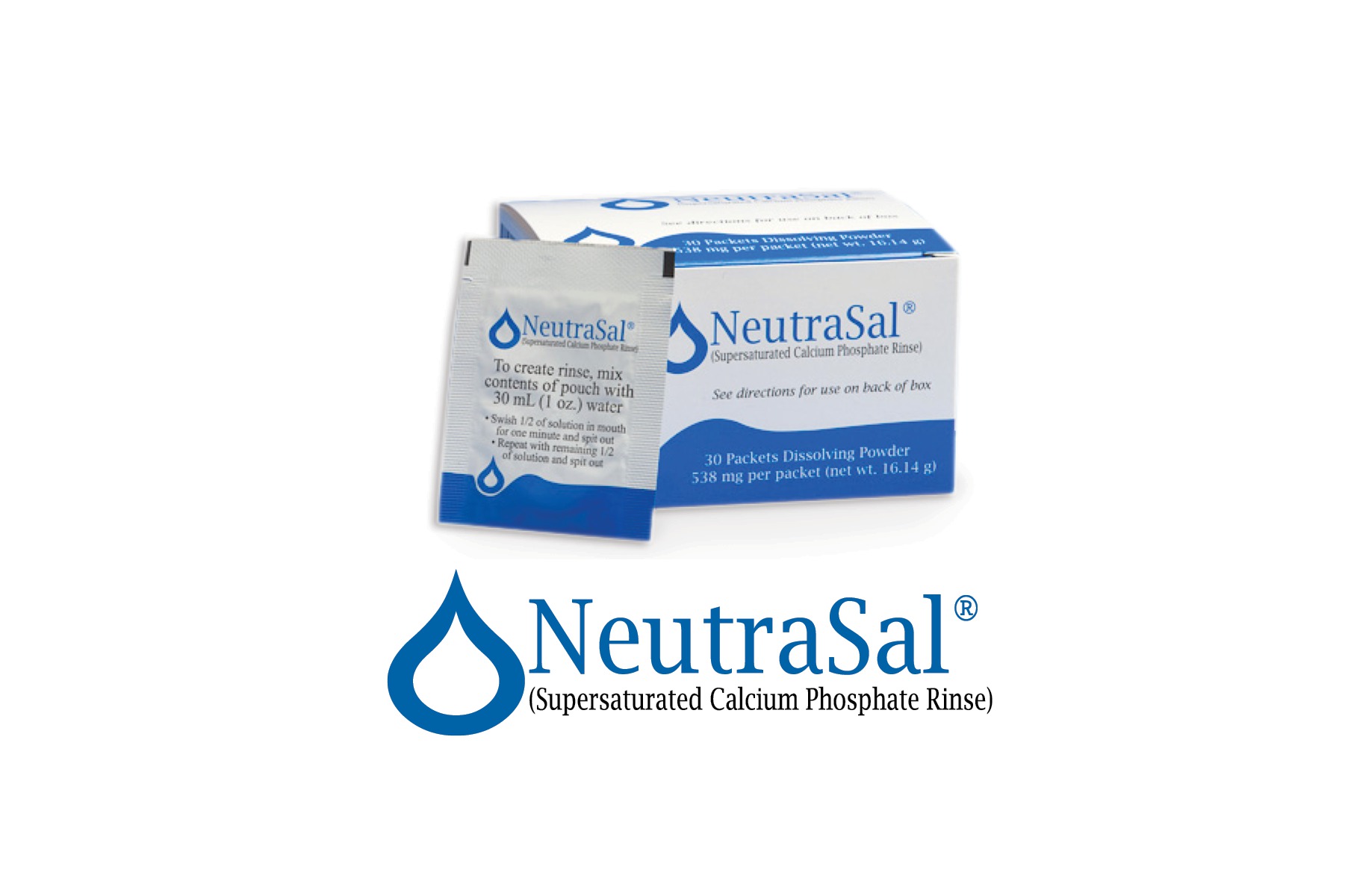Dry Mouth: What’s Your Risk?
- Aug 18, 2016
There are several factors and conditions that are definitively associated with dry mouth, which is neither comfortable nor good for your health.
Saliva moistens and cleans our mouths to help digestion. It prevents infection by controlling bacteria and fungi. When saliva is in short supply, problems occur.
To help you decrease your risk of dry mouth, here’s a list of known causes that you can hopefully avoid.
Medication: Dry mouth is a side effect of many medications, prescription and OTC, including those used to treat depression, anxiety, pain, allergies, colds, obesity, acne, epilepsy, incontinence, asthma, and Parkinson’s disease.
Disease and infection: Most notably Jorgen’s syndrome, dry mouth is also associated with AIDS, Alzheimer’s disease, diabetes, anemia, cystic fibrosis, rheumatoid arthritis, stroke, and mumps.
Cancer treatment: Radiation and chemotherapy may damage the salivary glands and thus decrease saliva production.
Nerve damage: A result of injury or surgery, nerve damage in the head and neck area can reduce saliva.
Dehydration: Conditions that lead to dehydration, such as fever, perspiration, vomiting, diarrhea, blood loss, and burns, are associated with dry mouth symptoms.
And don’t forget, smoking and/or chewing tobacco, along with mouth breathing, can aggravate dry mouth.
The risk factors are many. Just be aware.





